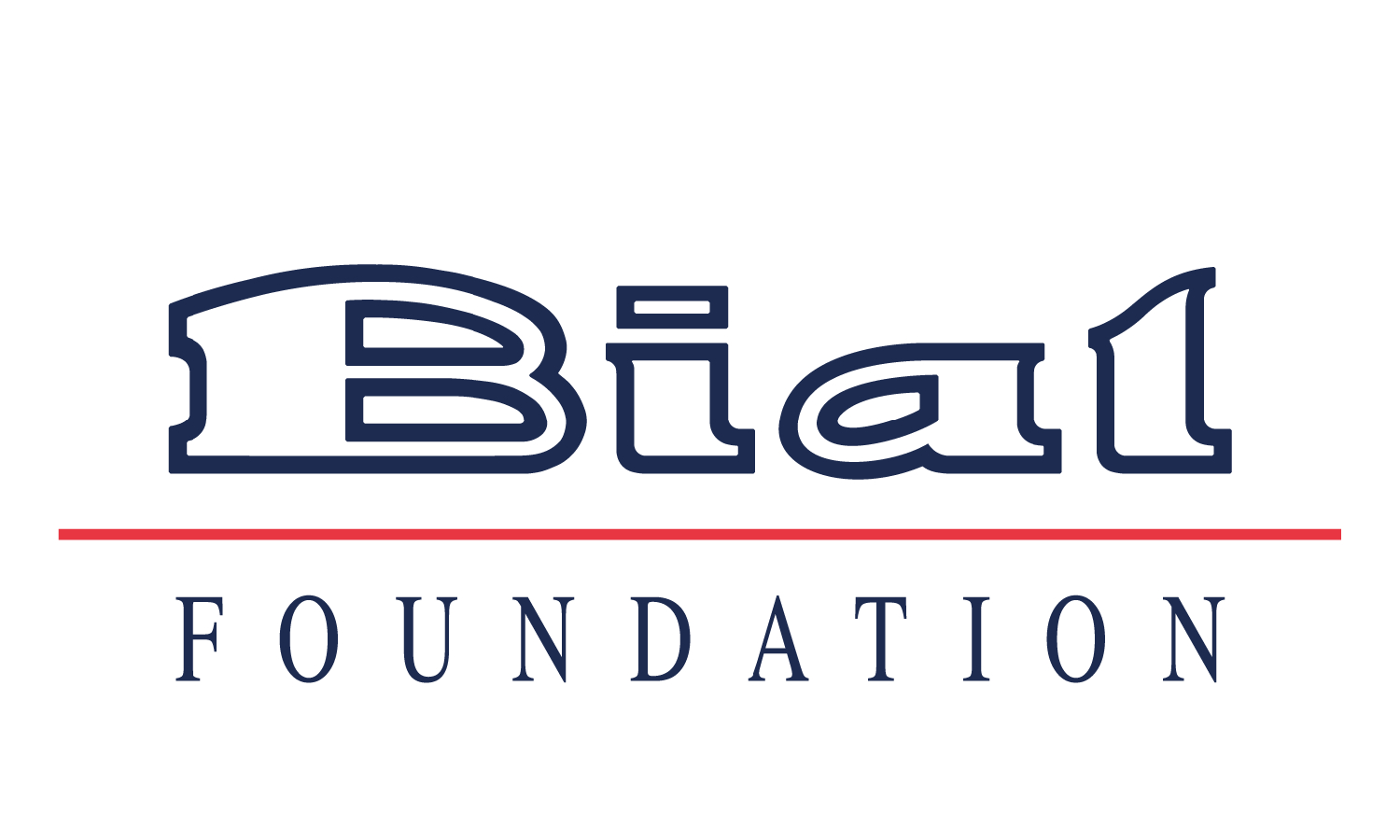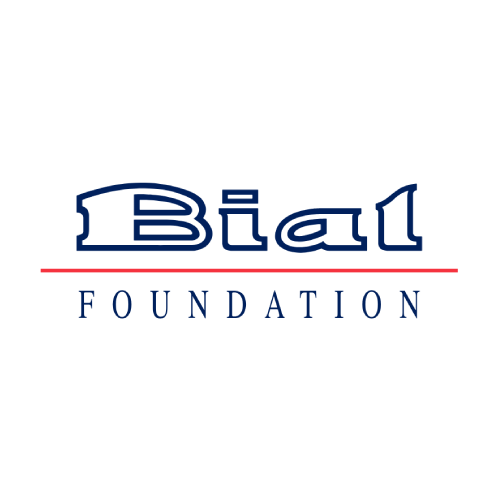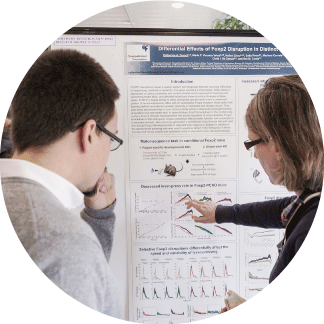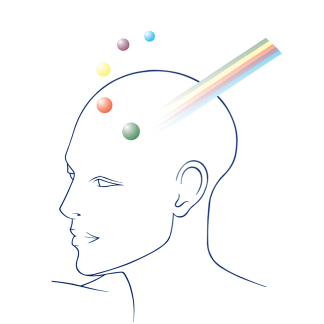News
Top Stories

Elderly people can improve episodic memory by neurostimulation of the cerebellum
A study demonstrated that neurostimulation of the cerebellum led to improvements in episodic memory performance in healthy elderly individuals.

Does aging change the way we interpret face processing of emotion?
Study shows that aging may hamper the neural processing of facial expressions of emotion.

Hypnosis, meditation, and prayer: which is most helpful for pain management?
Researchers found that a single session of hypnosis and mindfulness meditation, but not prayer, may be useful for managing acute pain.
News

The BIAL Foundation has received 432 applications for the Grants Programme for Scientific Research
Did you know that the BIAL Foundation received 432 applications from 29 countries for the Grants Programme for Scientific Research 2024/2025, and 80 were approved?

BIAL Award in Biomedicine 2025 increases value to 350,000 euros and opens nominations
The fourth edition of the BIAL Foundation international award, the BIAL Award in Biomedicine, is underway, with nominations open until 30 June. This edition, with an increase in value to 350,000 euros, seeks to recognise work published in the broad biomedical field within the last ten years, the results of which are considered of exceptional quality and scientific relevance.
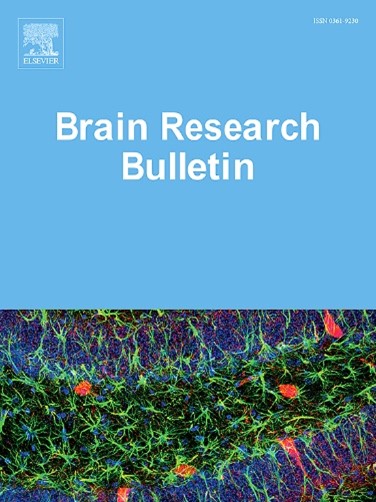
Do placebos work even when we know they're placebos?
Research has shown that placebo-related expectations are linked to activation changes in regions involved in attention and cognitive control (e.g., anterior cingulate cortex), as well as somatosensory integration (insula and parietal regions). However, these studies have typically used deceptive placebos presented as active treatments. To date, the effects of non-deceptive placebos, or open-label placebos (OLPs), that is patients are fully aware that they are not taking an active medication, have not been fully explored. Anne Schienle and Albert Wabnegger conducted an fMRI study to examine the effects of open-label placebos on emotional regulation, specifically in reducing feelings of disgust. Participants rated the expected effect of the OLPs before the experiment and evaluated the perceived effect after the experiment. Results indicated that when participants’ expectations concerning the OLP treatment were met, there was reduced brain activity in key brain areas, including the anterior cingulate cortex, insula, parietal regions, as well as parahippocampus. These areas are crucial for identifying meaningful stimuli and for evaluating both the emotional relevance and context of an experience. Thus, the decrease in activity in these areas suggests that when expectations are met, the brain processes the emotional salience and context of the stimulus more efficiently and with less intensity, contributing to emotional regulation. This study, published in the journal Brain Research Bulletin, in the paper Neural correlates of expected and perceived treatment efficacy concerning open-label placebos for reducing emotional distress, was supported by the BIAL Foundation, in the scope of the research project 03/22 - The power of imagination: Neural effects of imagined placebo intake.

